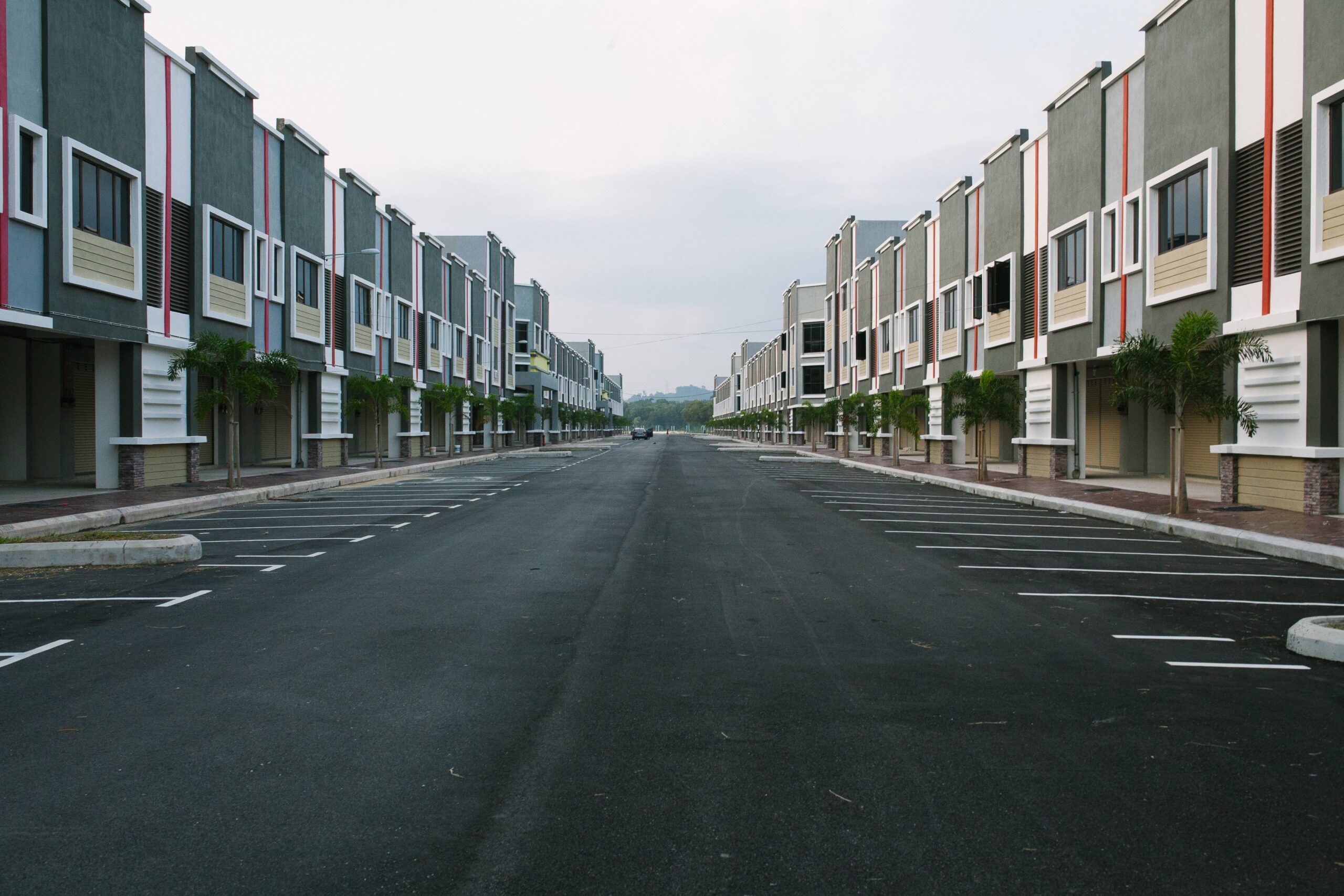- Have any questions?
- (850) 713-4866
- info@shorefront-investments.com
Should You Sell or Rent Out Your Home?

Preparing the Home You Live in For An Open House
October 28, 2022
House For Sale vs. Lot for Sale: What’s the Difference?
November 11, 2022Do I sell my home or do I rent it out? You may face this question at one point, especially if you own more than one property. Statistics show that more than 1/3 of residents in the U.S., or around 44.1 million households rent their home and while that might be a tempting figure to go ahead and start being a landlord, you have to take into consideration a lot of factors. Truthfully, the answer depends on the potential gains and your preference as a homeowner/seller.
To help you answer this question and decide which is best for you, we’ve laid out the differences between renting and selling in terms of multiple factors. You’re welcome!
- Upkeep
Selling your home may ask for a renovation, either minor or major. You would need to invest in some home repairs or improvements to attract buyers faster. If you want to rent out your place, you will still have to do some refurbishments but it doesn’t have to be in one go especially if you’re not in rush to divest your property. The selling process is far more tedious and complicated than the renting process, but if you don’t have the bandwidth for that, real estate agents would be more than happy to offer their expertise and assistance.
While you might have to shell out a larger sum on renovations when selling your home, one major downside of renting out your place is the constant maintenance. Every tenant is different and some are more careless than others so you might be constantly repairing or replacing things in your rental home in that unfortunate event.
Tip: If you want to sell or rent out your home, a DIY repainting job is a great kickstart—it’s cost-effective but makes all the difference in the vibe and feel of your home.
- Positive cash flow
A positive cash property is an investment property where the annual rent exceeds the total annual expenses after-tax, deductions, and depreciation. It’s easy to get a stable passive income from renting out properties, but it’s good to note that not all homes can be rented. For instance, ancestral homes or inherited homes that are either unrepairable or remotely located are better off sold than leased. Likewise, not every person is cut out to be a landlord because not all tenants are easy to manage.
No one will judge if you have a personal attachment to your property and you don’t want to let it go, but when you rent your property out, you have to make sure that you profit from it and not the other way around. Be sure to deduct all of the associated expenses such as mortgage, taxes, vacancy, and repairs when pricing your rental property. Think of it this way: your rental property should be an asset that pays you. So go do the math and if that yields in profit keep it. However, if it doesn’t, it might be a good option to just sell your property and price it based on its current value (which could be 40-100% higher or even more than your initial investment, depending on when you bought the property and its added features).
- Market demand
Are businesses moving into your area? If yes, then you can consider renting your place out since the value of real estate properties in your neighborhood could potentially increase due to developments and demand for places to live. Look closely at housing market projections and consider the trend before you sell or rent out. Despite the impact of the pandemic, the U.S. housing market has remained robust over the past few years, including rentals. In the last quarter of 2021, the nationwide homeownership rate in the US was 65.5%, slipping 0.5% year over year.
Thanks to increased demand and limited supply, rental prices are expected to rise to 7.1% in 2022. For context, rents in New York City went up by 33.5% in 2021, while those in Tampa, Florida grew by 31.4% over the same year, according to a report by ApartmentList.
On the other hand though, if the type of property you have can be considered hot in the seller’s market then selling it could be a better option for you.
- Return on Investment
It all comes down to numbers at the end of the day. Answer the questions “how much will I earn if I sell my property?” and “how much will I earn if I rent out my property?” Once you have those numbers locked in, you can decide if the monthly income is worth the hassle of managing tenants. It’s worth noting that you will pay fewer taxes when you sell a property compared to renting it out. However, if your place offers something that other rentals do not then you can use that edge to make a profit. Among the popular amenities renters are looking for nowadays are ample parking, larger outdoor spaces, and easy access.
The Bottom Line
Whatever your decision may be, just be sure to weigh several factors and determine which one would be more beneficial for you before locking in your decision. If you don’t like dealing with tenants or if you don’t have time to manage the property, then selling your property is the way to go. But if demand for rental is high in your area and if you want to own a rental property then renting it out is worth a shot.
In case you officially decide to sell your home, we’d like to let you know that we, at Shorefront Investments, buy properties as they are, even without repairs or improvements. You can call us at 850-713-4866 or fill out this form to schedule a meeting. From there, we will schedule a property viewing depending on your availability, and you will receive a no-obligation cash offer within 24 hours. We process relevant documents on behalf of our clients without commissions or other fees, and we normally close deals within 7-14 days or less.




